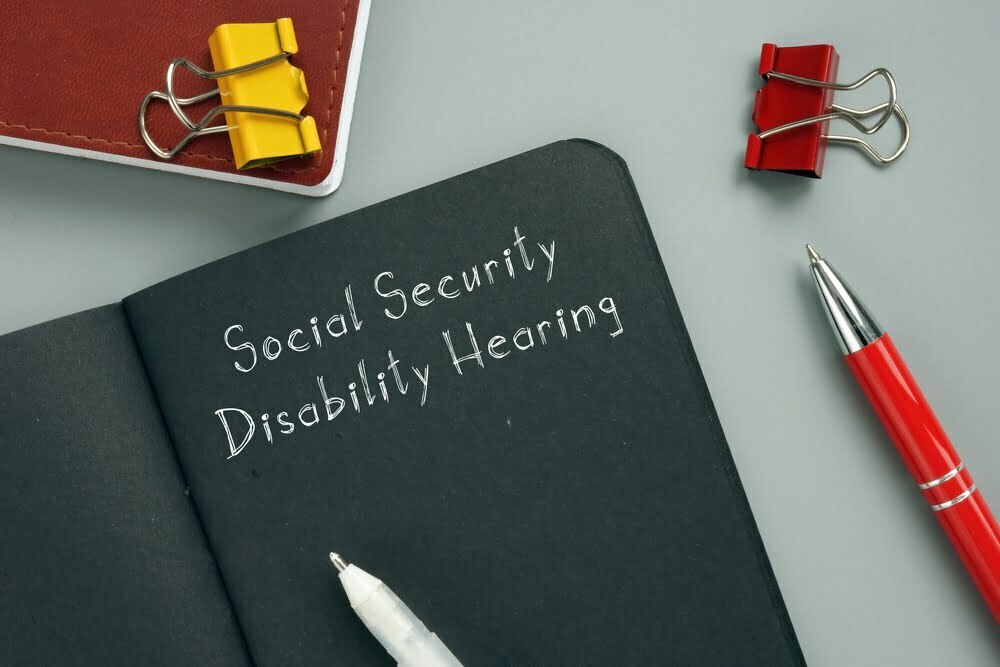I do many telephonic disability hearings with my clients in the San Francisco Bay Area. While it is better to appear in person, the Social Security Administration had to do something during the pandemic to ensure that cases moved forward, so they began allowing people to appear by telephone. (They also offer video hearings. ) I have a few tips on how to prepare for your telephonic disability hearing based upon my experience that I would like to share.
1. Use the best phone that you have
There will be at least three people on the phone with you at your hearing: (1) the judge; (2) the judge’s hearing assistant; (3) a vocational expert and/or a medical expert. While you will not be talking at the same time, the Social Security Administration’s phone system is bad. (See my blog post last week: Why doesn’t Social Security answer the phone?) Use the best phone that you have so that you can hear and your voice can be heard.
2. Don’t worry if they do not call you exactly on time
If you have a hearing scheduled for 10:00 a.m., do not expect that they will call you at 10:00. It may be that the judge is running late. Normally if you were at the hearing office, you could see what is happening but at home, you do not know what is going on. Try to be patient. If, however, it is 10:30 and they still have not called you, call the hearing office. The phone number is on the first page of the hearing notice. If you cannot find the notice, you can look up the office using the Social Security Administration’s Hearing Office Locator. Use a different phone to call hearing office in case they try to call you exactly at the same time you are calling them.
3. Find a quite place where you can be alone for an hour
Most hearings take between 30 -45 minutes. You need to hear the judge and answer the questions that the judge is asking. It is important to focus and be in a place where there is no distraction. It may be difficult to find a quiet place but try to find some place ahead of time where you can be for alone for an hour. It will make the hearing go more smoothly.
4. Ask for clarification if you do not understand a question
At times it may be difficult to hear the judge on the phone. The judge may ask you a question and you simply did not hear it or the judge asks it in a confusing manner. Don’t answer a question if you are not sure of what is being asked. It is perfectly reasonable to ask the judge to rephrase or repeat the question. I would give the same advice for an “in person” hearing. Know what is being asked before answering. The judge cannot see you; you are the only one who knows if you do not understand or do not hear. You must therefore speak up and say something.
5. Use specific terms when describing where you experience pain
The judge cannot see you when you are on the phone. You cannot say, “I have pain here,” and expect the judge to understand you. Describe exactly where you experience the pain. For example, “I have pain in my right elbow that runs from my elbow to my fingertips.” A more detailed explanation helps the judge.
I hope these tips help you and I wish you much success at your hearing. If you have other tips to share, please feel free to write a comment.





